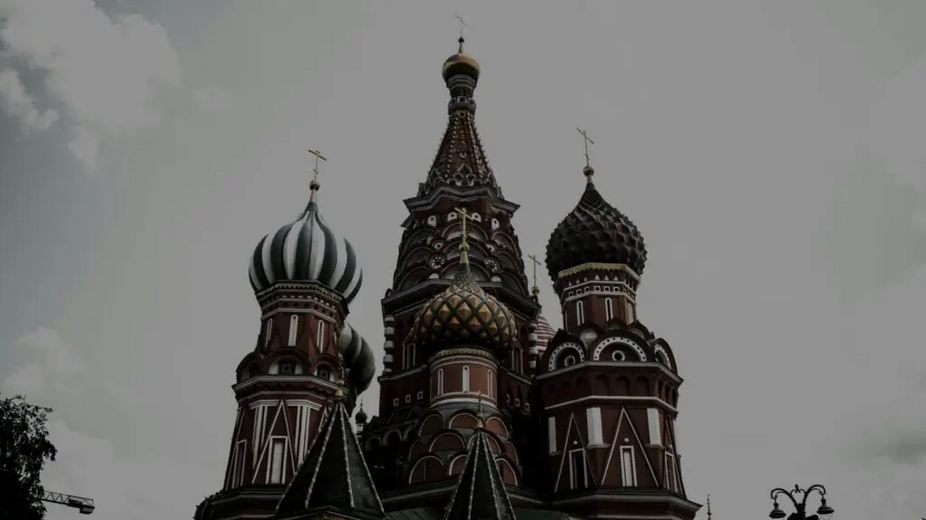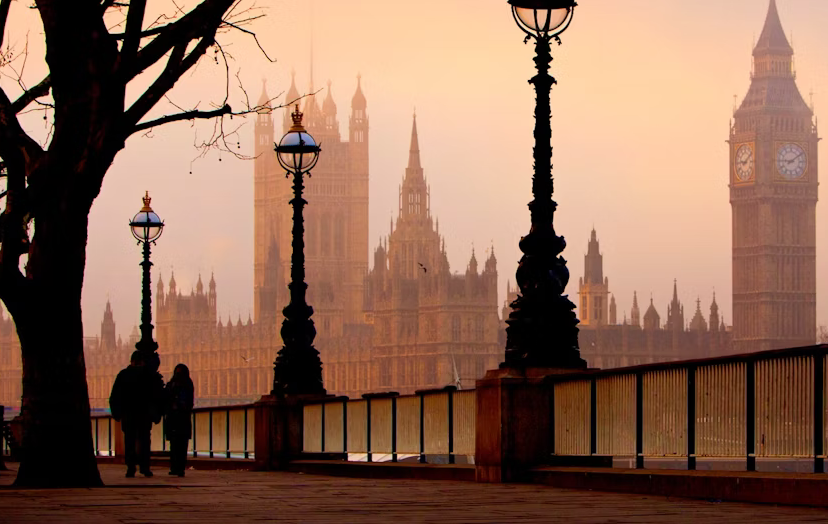Judge Amy Coney Barrett and Vice President Joe Biden profess the same faith, but only one of them faces fierce public criticism for it.
On September 26, President Donald J. Trump nominated Judge Barrett, currently serving on the Seventh Circuit Court of Appeals, to replace the recently deceased Justice Ruth Bader Ginsburg on the U.S. Supreme Court. Despite Judge Barrett’s extensive experience as a clerk to the late Justice Antonin Scalia, litigator, law professor, and federal circuit court judge, she has again come under fire for her Catholic faith.
Judge Barrett endured similar criticism during her Senate confirmation hearing back in 2017 when Senator Dianne Feinstein infamously told then-Professor Barrett, “The dogma lives loudly within you, and that’s of concern.” Of course, Senator Feinstein’s “concern” then, and that of so many opponents of her nomination to the High Court now, revolves around the fact that, as Archbishop Charles J. Chaput wrote a few days ago, “Ms. Barrett’s life story suggests that she actually believes and seeks to live what her Catholic faith teaches.” In other words, opposition to Judge Barrett tends to represent a fundamental objection to her living a public faith based on the faulty premise that faith is a personal and private matter only.
RFI contends that “Religious freedom is … the right of all persons to believe, speak, and act – individually and in community with others, in private and in public – in accord with their understanding of ultimate truth.” Religion cannot be relegated to the private sphere alone, nor can the freedom to exercise it. It is wrong to suggest that Judge Barrett must suspend her Catholic identity while wearing the robe. This does not mean that she has absolute discretion in determining how the tenets of her faith and her obligations as a jurist relate to one another. But her detractors seem to suggest that somehow she must leave behind her most basic commitments in order to sit on the bench.
Like the late Justice Scalia, Barrett believes, “A judge must apply the law as written. Judges are not policymakers, and they must be resolute in setting aside any policy views they might hold.” She has further asserted her determination to “administer justice without respect to persons, do equal right to the poor and rich, and faithfully and impartially discharge [her] duties under the United States Constitution.” Barrett credits her faith and devotion to her family as the driving forces behind her success. Yet many who oppose her nomination argue that her religion should exclude her from public office.
One might ask why others in public office have not been held to the same standard?
For example, when asked about the influence of Vice President Biden’s Catholicism on his public life, Nancy Pelosi responded that “Joe Biden’s faith in God gives him the strength to lead,” praising his personal beliefs as positively shaping his career in public office.
Biden’s deputy political director, John McCarthy, characterizes Biden’s campaign as distinctly Catholic, stating: “It’s not like we are just talking about faith to faith voters, but instead the [former] vice president is being who he authentically is—which is a person of faith—and that is obviously coming across.”
Members of the Democrat Party have continuously praised Biden for his Catholic faith and advocated for its influence on his policies. Why, then, is Judge Barrett denigrated for being who she “authentically is”—a woman of profound faith—especially among media elites and prominent lawmakers?
It should be stated plainly: to disqualify Barrett’s nomination for the Supreme Court on account of her sincerely held religious beliefs violates the Constitution, and it is unjust. Throughout her time as a litigator, professor, and more recently as a federal judge, she has shown her keen understanding of and respect for the Constitution. Her colleagues at the University of Notre Dame Law School, without exception, have called her “a model of the fair, impartial, and sympathetic judge.”
In January 2019, the Religious Freedom Institute delivered a letter to Senate leadership urging them to pledge their opposition to religious tests of any kind for nominees to public office. Leaders representing a diverse group of religious organizations joined this letter to remind members of the Senate that religious tests for public office explicitly violate the Constitution, both in the religion clauses of the First Amendment and Article VI’s direct ban on religious tests.
Admittedly, many who oppose Barrett’s nomination claim that her Catholic faith is not the primary reason for their concern. They instead draw attention to her particular faith convictions and her participation in the charismatic Christian organization, “People of Praise.” Accused of being “cultish,” the ecumenical group states that its purpose is to participate in the mission of the Church and live out the Christian faith communally. Such attempts to parse Barrett’s faith get us nowhere, however, if the goal is to ensure that she receives due respect and consideration throughout this nomination process.
Simply put, the same Biden campaign that praises the former vice president for his faith and ability to be “who he authentically is” applies another standard for Judge Barrett. Nikitha Rai, Deputy Data Director for the Biden campaign, recently commented on Barrett’s Christian faith: “I’d heavily prefer views like that not to be elevated to SCOTUS, but unfortunately our current culture is still relatively intolerant. It will be a while before those types of beliefs are so taboo that they’re disqualifiers.”
For Rai, and the Biden campaign generally, “those types of beliefs,”—i.e., traditional biblical views shared by orthodox Christians, Muslims, and Jews—are so taboo that they have no place in American public life.
Barrett’s deeply held Catholic convictions may make some uncomfortable, but there is no evidence that her beliefs would undermine her ability to be an effective Supreme Court justice. Objections to her nomination all-too-often rest on hostility toward her Catholic faith—this is religious discrimination. As that diverse coalition of religious leaders stated early last year in response to similar issues raised at the time, “[W]e must remain vigilant to such religious discrimination and hold one another accountable to the highest standard of our Constitution.”
THE RFI BLOG

A Call to End Anti-Semitism on America’s College Campuses

The Horrendous and Maddening Anti-Semitism in New York City

Religion, the ‘Russian World,’ and the War Against Ukraine

Religious Freedom Is Back on the UK’s Agenda

Be More Faithful, Become More Resilient: An Invitation to Religious Institutions
CORNERSTONE FORUM

Public Bioethics & the Failure of Expressive Individualism

Religious Liberty in American Higher Education

Scotland’s Kate Forbes and the March of Secularism

70 Years of Religious Freedom in Sweden: Prospects and Challenges

